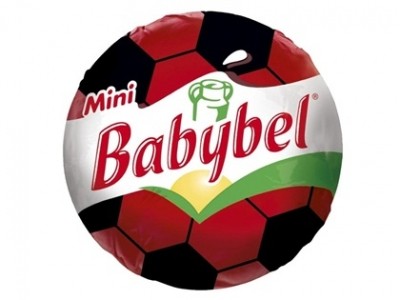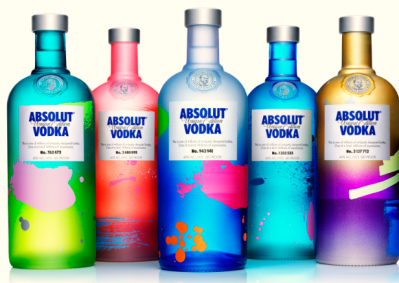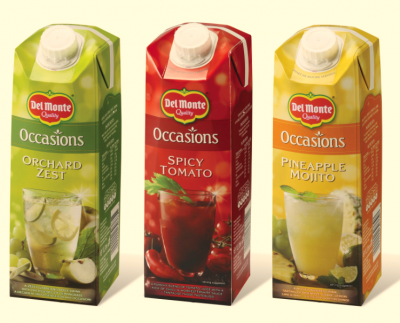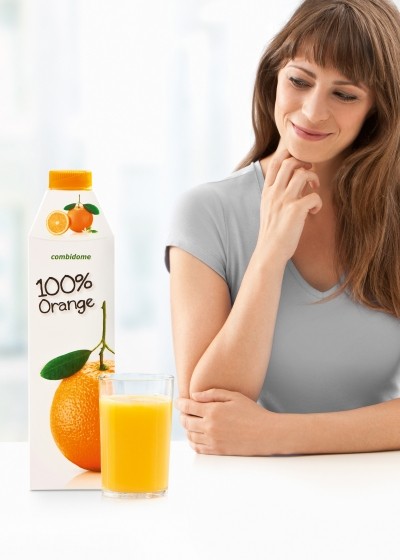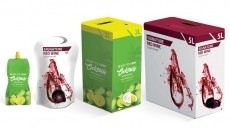World Cup fever: time to expand into Brazil?
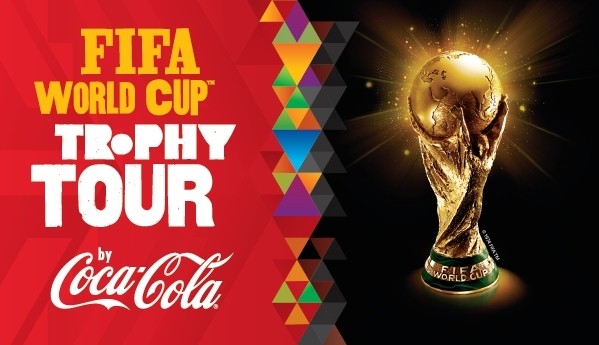
Juices, nectars and juice beverages in aseptic carton packs are becoming more popular with Brazilian consumers as witnessed by local company Empresa Brasileira de Bebidas e Alimentos, (ebba), which this week switched to filling products of its Maguary and Dafruta brands in carton packs from SIG Combibloc.
This year marks Maguary’s 60th anniversary and Dafruta has been in the market for more than 25 years in Brazil.
Its ready-to-drink nectars are now offered in combiblocMidi 1,000 ml carton packs with combiSwift screw cap. The Maguary SuperFrutas come in combifitMidi and it plans to launch juice beverages for children in small-format carton pack combiblocMini 200ml with a drinking straw.
World Cup Brazil
With the 2014 FIFA World Cup expected to attract more than three million spectators from June 12 to July 13, it will be interesting to see what football-inspired packaging manufacturers come up with and what rebranded products will be on sale to coincide with the event.
Market research findings show that in the juices, nectars and juice beverage sectors, the Latino carton pack market has a share of around 70%. This is expected to reach an annual growth rate of 11.5% by 2015.
Luciana Pellegrino, executive director, ABRE (Brazilian Packaging Association) told FoodProductionDaily it has already seen a change in packaging in its sodas and beers including Glacial, a pilsen beer from Schincariol, has launched a 473ml aluminum can known as 'big can' and will introduce four collectable cans in 350ml and 473ml with branded soccer teams on the design.
Brazil Foods
The creation of Brazil Foods from the merger of Perdigao and Sadia, is expected to trigger further consolidation and major retailers in the South American country are adopting standardized packs and sizes to improve logistics and effective warehousing practice.
This has benefited the packaging industry by allowing it to compete over standardized products and specifications.
Several major companies have already pledged to spend money in the FMCG (fast-moving consumer goods) sector. Coca Cola, for example said it will invest approximately $5.8bn in Brazil between 2010-15.
Such levels of investment highlight the expectation of higher consumer spending, driven by robust economic growth in Brazil, which in turn will boost demand across packaging segments.
Are you planning to expand into the Brazilian packaging sector or release any World Cup designed products? If so, tell us what you will be doing and email jenny.eagle@wrbm.com
